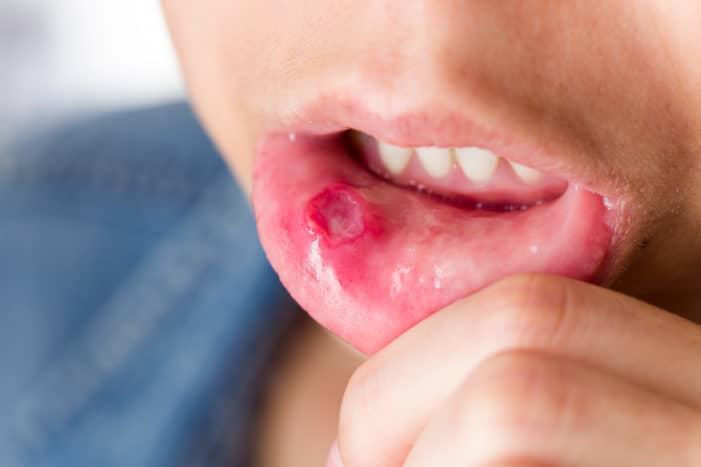Contents:
- Candida albicans is a fungus that should not be underestimated
- What are the diseases caused by albicans candida fungi?
- 1. Vaginal fungal infection
- 2. White plaque in the mouth
- 3. Urinary tract infections
- 4. Candidemia
- 5. Intra-abdominal Candidasis
- When to see a doctor?
The latest research from the NIH in the UK says that there are at least 80 genera (clans) that live on the surface of our bodies.Candida albicansis one of them.
Candida albicans is a fungus that should not be underestimated
In factCandida albicans is one of the fungi whose natural habitat is indeed in the human body. Candida fungi are found in the digestive tract, mouth, vagina, rectum (anal canal), and other warm-body parts.
Within reasonable limitsCandida albicans not harmful. This fungus will only cause problems and cause infection when the population multiplies out of control.
What are the diseases caused by albicans candida fungi?
Candida albicans is a type of mushroom Candidawhich usually causes candidiasis infections. In addition, fungal infectionsCandida can also result some of the diseases below:
1. Vaginal fungal infection
Mushroom growthCandida albicans overreach can cause fungal infections of your genitals. Bacteria Lactobacillus in the vagina it is supposed to be responsible for maintaining the number of fungiCandida stay normal. However, if the amount Lactobacillus disrupted will affect growthCandida to lead to infectious diseases.
Besides that, you can also experience vaginal yeast infections after having unprotected sexual intercourse. If this happens, some symptoms of fungal infections in the genitals will appear, such as:
- Burning during sex and urinating
- The vaginal area feels itchy
- Swelling, irritation and redness in the area around the vagina
- Abnormal vaginal discharge
Fungal infectionsCandidacan also infect the male genitals, causing a rash on the penis. This condition usually occurs because your partner has a vaginal yeast infection.
2. White plaque in the mouth

Candida albicans overgrowth in the mouth will cause infection in the form of white plaque. This condition is also known as oral Candidiasis or oral candidiasis infection. In severe cases, the infection can spread to the esophagus. Symptoms that occur when you experience thrush in the form of:
- White spots appear in the mouth
- Pain or burning in the mouth
- Redness in the corner or in the mouth
- Difficulty eating or swallowing
- Loss of appetite
Oral candidasis infections that are not treated promptly can have an impact on systemic Candida infections, especially in people who have a weak immune system.
3. Urinary tract infections
Apart from attacking the mouth and vagina, the fungusCandidaarguably one of the causes of urinary infections (UTI). Most of these infections occur in the lower urinary tract, even up to the kidneys.
Not a few people who experience UTI claim to not feel any symptoms. But others, complaining about the presence of symptoms such as:
- The frequency of urination increases
- Pain or burning when urinating
- Abdominal or pelvic pain
- There is blood in the urine
4. Candidemia
Candida albicans is a fungal infection that can not only attackthe outside part body, but can also flow into your bloodstream. One of the diseases caused by infectionCandida albincansin the blood namely Candidemia.
Because it attacks the bloodstream, the symptoms caused by Candidemia resemble the symptoms of sepsis. Starting from fever, decreased kidney function, to shock.
5. Intra-abdominal Candidasis
Intra-abdominal candidiasis, or commonly referred to as Candida peritonitis, is inflammation that occurs in the inner lining of the abdomen due to the action of Candida fungal infections.
There are many other Candida species that can cause this, but indeed most of the cases are caused by fungiCandida albicans.
Symptoms that will appear are:
- Stomach aches or bloating
- Fever
- Nausea and vomiting
- Easily tired
- Severe diarrhea
- Appetite decreases
When to see a doctor?
InfectionCandida albicans which is not treated immediately can spread to other organs. Do not delay to consult a doctor if unusual symptoms appear in the body.
The doctor will provide a diagnosis and treatment that is appropriate for the initial cause of fungusCandida albicans. For example, using anti-fungal drugs in the form of creams or pills.
















